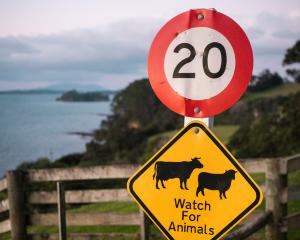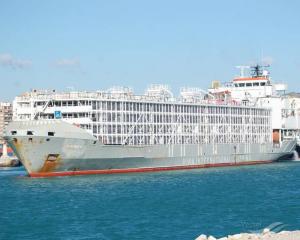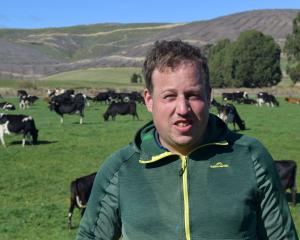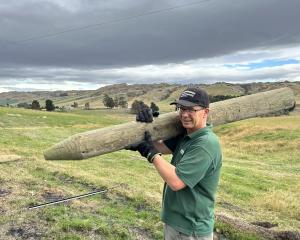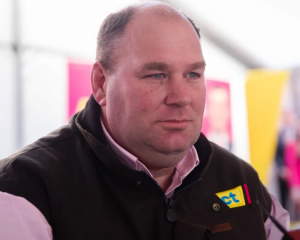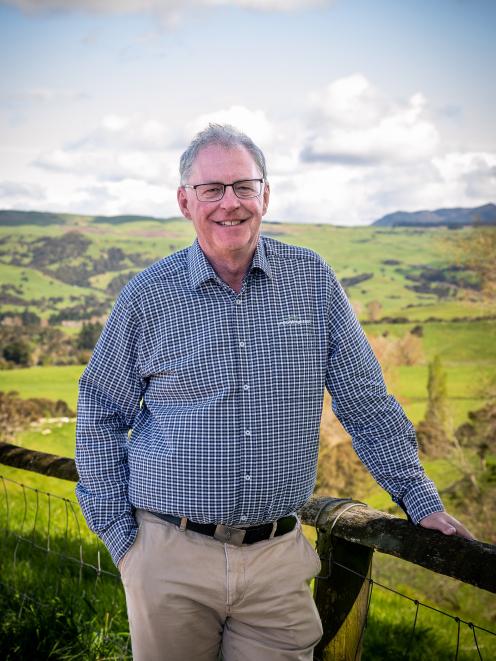
Earlier this year, PGW’s major shareholder, Singapore-based Agria, attempted to dump most of the board and replace them with its own nominees, which led to the New Zealand Shareholders’ Association labelling it one of the worst attempts by a shareholder to interfere in the operation of a board.
Last month, Agria withdrew its notice requesting a special shareholders meeting be convened to consider the proposed director changes. In a statement to the NZX, Agria and the PGW board said they had determined the current composition and the majority of the membership of the board continued to have an appropriate balance of expertise, skills and independence.
This week, Mr Moore — who was appointed chairman in February — said he felt what was "going on in the boardroom" was an utter distraction. The company’s loyal staff, shareholders and customers needed some stability and certainty about where the company was heading, he said.
While Agria was entitled to representation on the board, it was not appropriate for the company to control it.
"Now we have stability there, I want to put these distractions behind us," he said.
Asked whether he was confident those distractions were over, he said "I think it’s behind us".
PGW was working hard to deliver the guidance it had given the market of an ebitda of around $50million for the year to June 30, 2024, Mr Moore said.
After a "couple of cracking years", it had been challenging year for those in the sector. In February, PGW announced a $8.4m — or 40% — drop in after-tax net profit down to $12.7m for the first six months to December 31, 2023.
Operating earnings before interest, tax, depreciation and amortisation (ebitda) of $36.6m were down $11.2m or 24% compared with the prior corresponding period. Revenue of $560.9m was down $24.9m.
"PGW does well when its customers are doing well. When they’re not doing well, we’re there to support," Mr Moore said.
He acknowledged it was a tough environment, particularly for sheep farmers. Drought was hurting in parts of the country and some clients were facing the worst returns since the mid-1980s.
Wool had a two-decade-long trend of depressed prices and he felt an industry-wide solution was needed.
"We tend to get blindsided a little by artisan outcomes. They won’t solve the commercial aspect of it."
While it was a fact that cycles "come and go", the commodity price cycle had lined up with very high costs and those very dry conditions. PGW’s turnover was dependent on the confidence and optimism of the sector and, at the moment, natural caution was being seen.
Asked about his leadership style, Mr Moore said he was "fairly straight talking" and practical, experienced in farming services companies and with a rural upbringing, and he respected the industry.
Brought up on farms in Mid Canterbury, Mr Moore attended Canterbury University, graduating with a degree in accounting and economics and an MBA.
He has 40 years’ investment advisory experience — he is a former member of the national Forsyth Barr investment committee — along with trustee and corporate governance experience in rural services, viticulture, pastoral farming and education. He has been a director of PGW since July 2022.
His job was to support the company’s "very good" senior management, Mr Moore said. It was a tough industry and he respected the people involved in it and he wanted to offer "maximum certainty" around board matters so they could do their job, he said.
He also liked the diversity of the various businesses that made up PGW and he enjoyed a challenge.
"I call PGW a barometer for rural New Zealand. There’s a blue shed in every town — I’m pretty proud of that," he said.
He was optimistic about the future of the rural sector, he said, describing New Zealand as "a beautiful big paddock" which grew fantastic grass and crops.
"Our time will come again," he said, adding that it was a matter of riding through the cycle.


